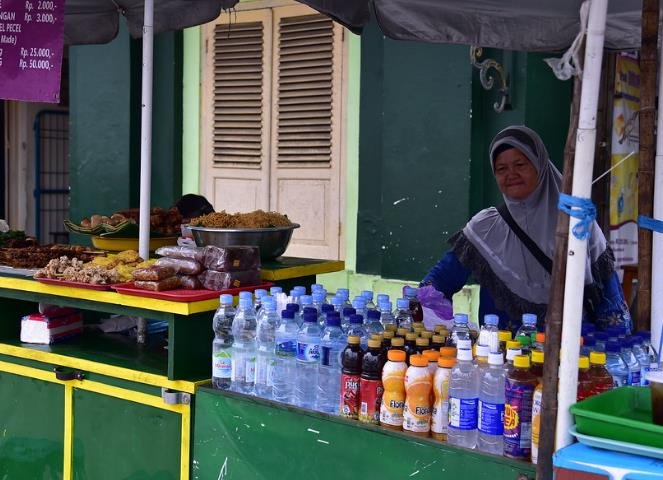Despite the dawn-to-dusk fasting, the demand for food items, particularly dates, witnesses a dramatic rise during Ramadan. Retailers stock up and extend hours, while families prepare for iftar feasts that break the fast. This surge in demand naturally leads to increased food prices, impacting household budgets significantly.

The economic impact is felt across the Muslim world, with date dealers and supermarkets reaping the benefits of the festive spending. The trend is so pronounced that food bills for Muslim households can double, accounting for roughly 15% of their annual expenditure on food during Ramadan alone.
Cultural Traditions and Health Benefits
The breaking of the fast typically begins with dates, following the tradition of Prophet Muhammad. Dates are not only a cultural staple but also packed with nutrients, providing quick energy and essential nutrients to those who have fasted throughout the day.
This tradition has turned dates into a lucrative commodity during Ramadan. Dealers offer a variety of dates, from Kalmi to Ajwa, catering to the high demand. The health benefits of dates, coupled with religious customs, ensure their place at every iftar table.
Global Implications and Consumer Behavior
The increase in food consumption and prices during Ramadan is a global phenomenon, with countries like Egypt, Iran, Saudi Arabia, and Iraq leading in date production. The shift in consumer behavior during this month is significant, influencing not only the food industry but also the economic activities of entire regions.
Businesses capitalize on this period with special promotions and offers, while consumers navigate the balance between spiritual goals and the practicalities of life. The survey sheds light on the intricate relationship between religious observance and economic dynamics during one of the most revered times of the year for Muslims.
